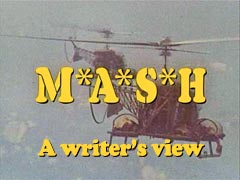September is upon us.
We have been through a rough patch here in the Frozen North. After the repeated hailstorms and other foul weather a few weeks ago, we were subjected to Beijing-quality air, owing to the immense clouds of smoke rolling in from the holocaust in Washington State (and portions of British Columbia). There is no rumour to the truth that up to 30% of the smoke was contributed by the face-to-face flame war at Sasquan.
Through all this, when my allergies were not acting up from bad air, my neck was acting up from general cussedness. I am finally due to get an MRI late Thursday night, about six months after my physician ordered it: our Wonderful Single-Payer Health System refuses to buy more MRI machines, and has to run the few existing ones 24 hours a day just to stay half a year behind. The results should help us figure out an appropriate treatment for my pains; at least I hope so.
If that treatment does not involve surgery or heavy medication, I should like to speed up my posting schedule substantially. I have found a routine that seems to be working, at least for the moment, to allow me to write with some regularity. What I should like to do is put up a post every day for as long as I can manage it. I do not guarantee that all (or any) of these posts will be long, interesting, or insightful. I do have some hopes of augmenting my 3.6 Loyal Readers, perhaps putting the unfortunate fraction in touch with his stray 0.4. Whole numbers are restful to the eye and soothing to the spirit.
At present I have the next instalment of ‘M*A*S*H: A writer’s view’ in drydock, and a silly bit of flash fiction at the blueprint stage. After that we shall see where the surly Muse is willing to go.








Recent Comments